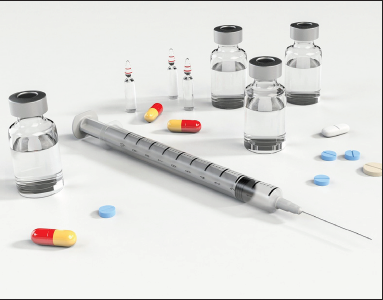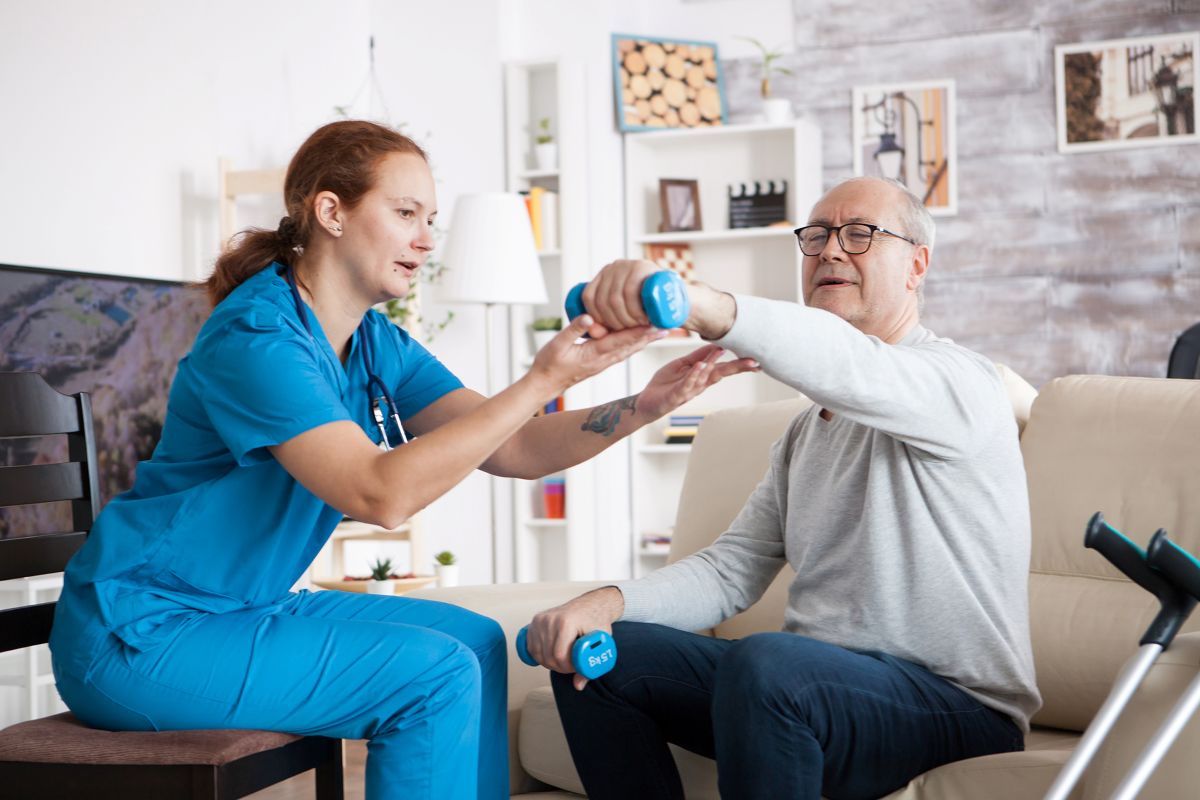As a stroke survivor, you know all too well what it feels like to be in an emergency medical situation. You’re scared and anxious, your family is worried, and emergency responders are working hard to find out more about you and your medical history.
You can’t predict an emergency, but you can plan for it. Follow these tips to better prepare you and your family for an unexpected medical crisis.
Wear a piece of medical identification jewelry. Emergency responders are trained to look for jewelry that can give them access to your medical conditions, medications, and allergies. This can help get you quicker and more effective treatment. A bracelet or necklace can give first responders information that you may not be able to.
Educate your family, friends, and co-workers. Everyone should know the warning signs of stroke. It’s easy when you remember to think FAST.
Keep an updated medical history form handy. Keep copies in your home, car, and wallet.
Add ICE to your cellphone. Identify your emergency contact as ICE in your phone. ICE stands for “In Case of Emergency.” That way, an emergency responder will know who to contact. If your phone is password protected, open your notes and enter your emergency contact’s name and phone number. Then take a photo of that note with your iPhone and make it your wallpaper.
List your meds. Make a list of your medications, what they’re for, and what they do. Have a copy at home and keep another in your wallet.
Teach your children how to call for help. Make sure your children know how to call 9-1-1 and what they should tell the dispatcher. This should include your address and a description of what’s happening.
Finally, do everything you can to stay healthy. Following your doctor’s orders, exercising and eating healthy foods all will help you maintain better health.
StrokeSmart is National Stroke Association’s premier informational offering for the stroke community.
http://www.strokesmart.org/
Exclusive content from CARE magazine









